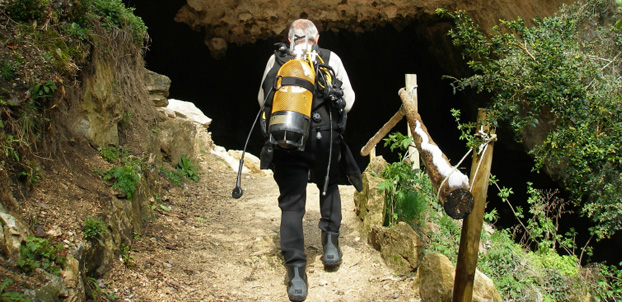People regularly report that they were on a dive boat but were not allowed to do a certain dive unless they had an Advanced Open Water Certification, even though they had logged hundreds of dives, and had experience in similar conditions. Other divers report that as newly certified divers, dive boat operators had no problem with them diving deep, or on a wreck, or doing other dives that might have been seen to be beyond their level.
I have been thinking a lot lately about the correlation between certification level and competence in the water. I am big proponent of continuing diver education, whether an advanced open water course, specialties, or even professional track certifications like DM and Instructor. I think every diver who invests themselves in a continuing education course emerges as a better diver in at least one, and often, many ways. Yet I think we can all agree that a given certification level does not translate into an increased competence level in every case. There are, as we know, divers with an advanced open water rating that have 10 dives, all course certification related, who are still very much beginning divers. There are also open water divers who have hundreds of dives, have dove in a variety of conditions, are active divers, very familiar with their equipment, and have great in-water skills and habits. They are clearly advanced divers.
Personally, I place more stock in competence than credentials, but a diver’s competence can really only be evaluated by diving with them. There can be much learned from an accurate and detailed log book, however, like how many dives in what locations and conditions, how recently, and to what depths the diver has been. (That’s one reason I am a big fan of all divers logging every dive.) Evaluating a diver’s competence should be based upon both the dive experience the diver has and the certification levels they have achieved, but there is still more to it than that.
I recently read a post on a UK website that talked about what the diver who wrote the post looked for when finding a suitable buddy for an upcoming dive outing. He made the comment that he was not very interested in the level of a diver’s certification, as long as the potential buddy was certified. Surprisingly, he also said he was not very concerned with their total number of dives. What he focused on was the potential buddy’s diving log for the past three months. He concluded that experience over the preceding three months was the best measure of the present competence of a diver. If that diver had been active the past three months, and had been in similar conditions to those for the planned dive(s), then in that writer’s experience he and that other diver would work well together as dive buddies. While I am not quite as dismissive as that writer was of certification level and total number of dives, I do agree that recent diving and recent experience in similar conditions is by far the best indicator of competence to do a dive. Whether recent means three months or three weeks, recent dive activity is important in evaluating a diver’s present readiness for a dive.
Of course, no one factor guarantees competence, and some divers are great even after a 4 month lay off. But recent diving activity is a really good indicator of present competence and readiness. Many dive operators will ask “when was your last dive?” on the sign up form when you prepare to dive with them, and for good reason. Active divers are good divers. And by good, I mean competent and safe.
Not all of us are in a location where we can dive on a regular basis, but we can overcome that handicap by taking advantage of local dive opportunities in season, and by preparing for a dive trip with a trip to the local dive center pool to re-familiarize ourselves with out equipment and underwater skills. If that is not an option, many dive operators will offer
( and sometimes require ) an introductory dive to observe and evaluate your current skill and comfort level if you haven’t been diving lately. Some may even require a scuba refresher if you have not dove for 12 months.
Be an active diver. And if you have been out of the water a while, get some scuba time in a pool. Then, when someone asks “what have you done lately?” you will have an answer that is more than just having to say you have been dreaming about diving. Be active, be safe, and happy diving!
by Divemaster Dennis


